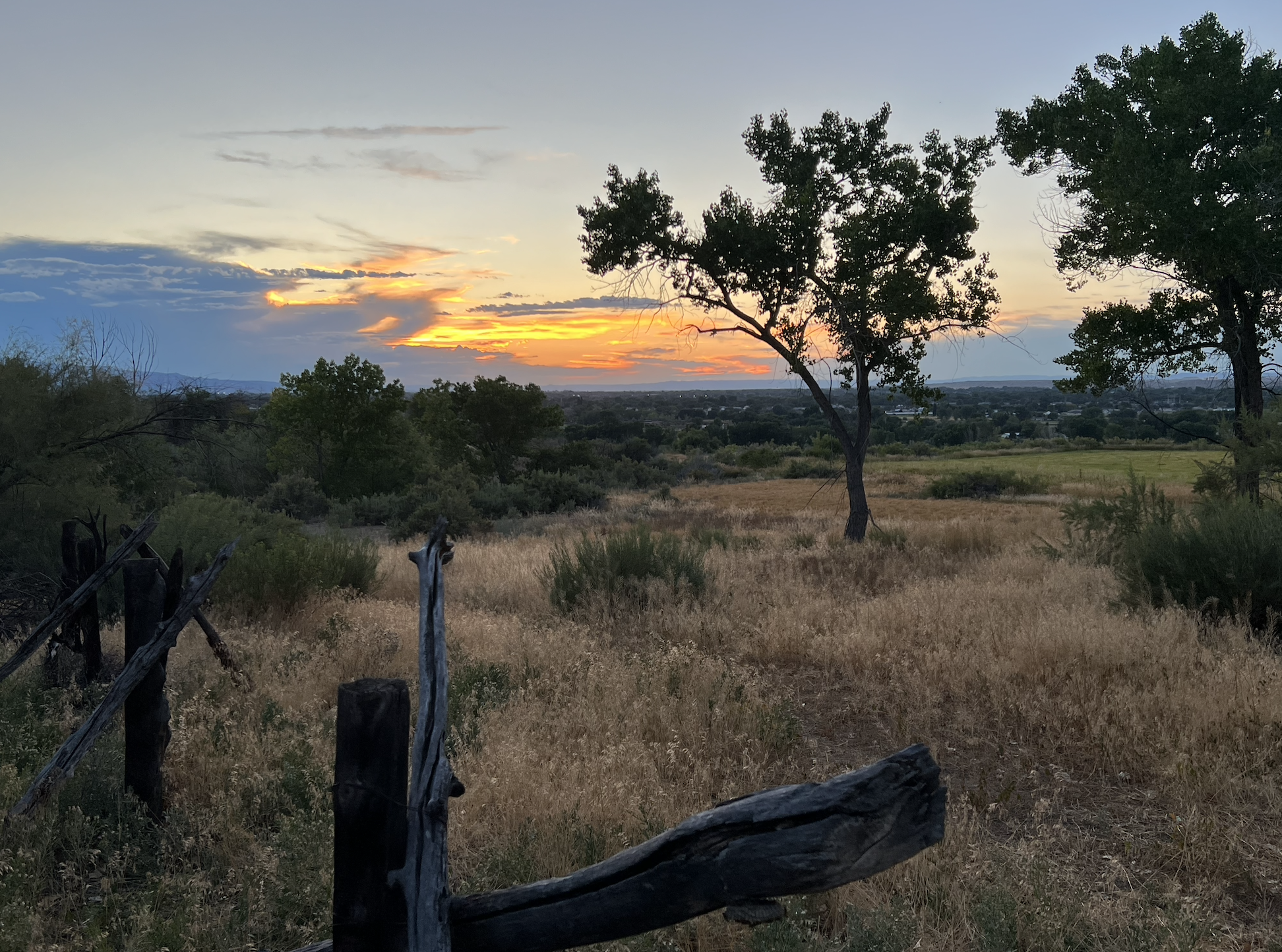
At Next Generation Leadership Initiative on Sunday, one of the important conversations I got to participate in was about hospicing systems (or teams, or committees, or initiatives). It followed a helpful teach by Quanita Roberson on “2 Loops”, which is an orientation from my early Berkana days on how systems live and how they die. Hospicing is a real thing. Physically and emotionally.
One of our participants had named his desire to further explore hospicing. Four of us gathered around a small round table to give it 45 minutes of our attention, learning, and wonder. I love how much can show up in a short period of time when people are already in an established field of learning with one another, which is what had happened on the weekend. Thanks to the good people that participated in this conversation for stirring some learnings in me.
- Start With Commitment to Deliberate Choice of Continuing or Ending — It sounds rather obvious, but committees aren’t forever. They are often for a particular period of time. And even the long-running ones would benefit from a deliberate choice of renewal. Like the way that some married couples remove their rings at the end of a year and choose what their continuing together is. I like the idea that every year (in the context we were talking at NGLI), the group would revisit the need for the committee and whether continuing (with appreciations and improvements) would be the best thing. I like it that there awareness of ending is built into the beginning so that re-upping or ending is not just a reaction to problems, but built into the cultural expectation of being team.
- Ritualize Endings — If it is time to end, discerned and chosen, give it a meaningful end. Not just retiring it quietly with shame. Or not speaking the end, like a family avoiding speaking about a funeral. I like it when there is a round of appreciations, both for the purpose of the group and for the people involved. Sometimes I invoke a burning of some of the appreciations so that there is a physical and alchemical shift, not just words spoken.
- Know that A “No” is Important for a Clear “Yes” — Most of us are time-crunched (or other resource-crunched) in a way that requires us to make choices. Often, these choices are between good things, not good and bad things. It means that a shared awareness of saying no to good things is helpful to have baked in to a team’s efforts together. It’s also an invitation to share the tough decisions together.
- Discerning Need to Participate vs Need to Be Informed — Pastors from NGLI, like so many leaders, are usually needing to manage many simultaneous and conflicting schedules. Being at all of the meetings isn’t really possible. Yet being informed, and accountable to overarching stewardship is required. This is quite connected to a more clear yes and a more clear no. It’s worth attention to preserve more full-bodied and full-spirited attention to teams rather than loosing each other to a kind of compassion fatigue.
Living systems die. Teams reach their natural end. Old efforts become composted in new initiatives and experiments. I’m grateful for growing my learning around such notions of a model I first learned 15 or so years ago.

Happy New Year, and thank you Tenneson for this (and all! your) thoughtful useful reflection on learning and practice.
I think about the origins of the notion of hospice (assuming that the Berkana metaphor relates to the palliative care practice of tending to the emotional, spiritual, comfort needs of someone who is at the end of their life (and their family’s needs too) and not receiving medical treatment anymore).
The hospice workers & palliative care providers I’ve encountered are some of the most grounded, patient, kind people I’ve ever met. Their experience and dedication tending to dying people over and over again as their vocation seems to give them an ease with dying (whether a person’s passage is easy or difficult) and mystery that is professional yet still tender-hearted and able to to be touched.
It occurs to me that it might be somehow harder, or at least a unique experience, when a person doing hospicing care is *part* of what’s dying/ending, especially if they haven’t gathered some repeated experience in helping that process in the past. Yet of course, “hospice” share the same original word root as “host” and just so, all the training/practice/learning ultimately, hopefully, makes for exactly that kind of ability to help.
Thank you Christy. I love your thoughtfulness. And leadership. And insightfulness. Let’s keep in that together!
Yes please, let’s! I am gradually making my way back to above ground after a spell in the underworld/inner shell realms. I will be glad for our paths to reconverge 🙂